You're Biased!
Now, before you go off in a huff and rant against my assertion do, please, let me explain. Everyone has biases. Actually, you have to or else your brain would drain all of your energy.
Power and Purpose
The purpose of this guide is to allow you to be aware of your own biases and those of others - NOT TO FIX THEM! - That is NOT your job. Your awareness will enable you to re-frame your communications and be prepared to challenge unwarranted assumptions or faulty thinking - with love and kindness.
The power of your payoff when you put this into action will be to listen much more deeply and effectively and communicate with empathy and clarity for mutual understanding.
Key questions to be considering as you read, watch or listen to this AdvantEdge Coaching Guide:
What is the ONE thing you will stop doing, start doing or change how you behave or act that will have the greatest impact on your leadership performance from your learning here?
What is the single, tiniest step you can take immediately that will begin that improvement and by when?
What is Prejudice?
Prejudice is one example of cognitive bias that is most often a preconceived, unfavourable opinion about another person or group. Indeed this is known as the “In-Group” or “Out-Group” Bias. It enables you to judge another person almost instantly based on very limited data. Which is very efficient but often seriously flawed. Yet, we all have them.
Blame your parents, upbringing, society, politicians, culture, race, language, tv, Hollywood, the Interweb, FaceBook... whatever you like, you still have biases.
Some biases are potentially helping you make better, quicker decisions, others could be, and almost certainly are, undermining your true power and potential.
But I’m not biased!
You already know that everyone else you meet is biased right? (That’s your confirmation bias kicking in by the way.) Especially those people who disagree with you or have a different political or religious viewpoint. So are you and everyone else is too because your brain HAS to be biased.
Your brain hates ambiguity and uncertainty! And, it is willing to take short cuts to remove it from the situation. If there's insufficient information to go on you will use whatever is available and unconsciously fill in the blanks from your memories and beliefs until you recognise a pattern and come (jump) to an internal representation.
It’s one way that your brain saves you precious energy and stress and saves time making decisions.
If we were to allow our brains to take in all the available information, process it, evaluate it objectively and make a decision. Well, that speeding vehicle would have wiped out your life already. OK, maybe it’s not so drastic, but your brain sees uncertainty as a threat and triggers your threat response biasing decisions toward habit and modulating our propensity to take risks (do something new and untested).
A Quick brain primer (so that you don’t use your biases and fill in your own wrong answers).
Your brain is programmed to minimise effort and save energy.
In his fabulous book, Thinking Fast and Slow, Daniel Kahneman shows that your brain works using two different systems, 1 and 2 (yeah, terrific names ;-)). System 1 is fast thinking - mostly unconscious, prone to biases and errors and can be exploited by others to influence your responses and choices. System 2 is slower thinking but more reliable and it is supposed to monitor System 1 but often it doesn't bother when it's feeling a bit "lazy" or it's overloaded.
Your brain is programmed to minimise effort and System 2 requires more effort and energy, hence, System 1 runs the show by default.
And therein lies the problem.
Top Ten Cognitive Biases
The list of cognitive biases that have been identified is incredibly long and grows monthly.https://en.wikipedia.org/wiki/List_of_cognitive_biases and I've come across 10 repeatedly in my coaching with leaders that could really use your conscious attention now.
Similarity
In-Group Bias
Favouring whose who belong to your group
You unfairly favour those who belong to your group.
We presume that we're fair and impartial, but the truth is that we automatically favour those who are most like us, or belong to our groups. This blind tribalism has evolved to strengthen social cohesion, however in a modern and multicultural world it can have the opposite effect.
Try to imagine yourself in the position of those in out-groups; whilst also attempting to be dispassionate when judging those who belong to your in-groups.
Most people prefer to pretend that this doesn’t apply to them. In particular along discriminatory lines - but it does, and the sooner we all recognise this, the sooner we can do something about it.
Functional Fixedness
Seeing objects as working in only one way
If a conclusion supports your existing beliefs, you'll rationalise anything that supports it.
It's difficult for us to set aside our existing beliefs to consider the true merits of an argument. In practice this means that our ideas become impervious to criticism, and are perpetually reinforced. Instead of thinking about our beliefs in terms of 'true or false' it's probably better to think of them in terms of probability. For example we might assign a 95%+ chance that thinking in terms of probability will help us think better, and a less than 1% chance that our existing beliefs have no room for any doubt. Thinking probabilistically forces us to evaluate more rationally.
A useful thing to ask is 'when and how did I get this belief?' We tend to automatically defend our ideas without ever really questioning them.
Expedience
Availability Heuristic
Placing more value on quick to mind information
Your judgments are influenced by what springs most easily to mind.
How recent, emotionally powerful, or unusual your memories are can make them seem more relevant. This, in turn, can cause you to apply them too readily. For instance, when we see news reports about homicides, child abductions, and other terrible crimes it can make us believe that these events are much more common and threatening to us than is actually the case.
Try to gain different perspectives and relevant statistical information rather than click-bait headlines.
Anchoring Bias
Relying on the first piece of information you learn
The first thing you judge influences your judgment of all that follows.
Human minds are associative in nature, so the order in which we receive information helps determine the course of our judgments and perceptions. For instance, the first price offered for a used car sets an ‘anchor’ price which will influence how reasonable or unreasonable a counter-offer might seem. Even if we feel like an initial price is far too high, it can make a slightly less-than-reasonable offer seem entirely reasonable in contrast to the anchor price.
Be especially mindful of this bias during financial negotiations such as houses, cars, and salaries. The initial price offered has proven to have a significant effect.
Optimism Bias
Leads you to believe that you are less likely to suffer misfortune than others
You overestimate the likelihood of positive outcomes.
There can be benefits to a positive attitude, but it's unwise to allow such an attitude to adversely affect our ability to make rational judgments (they're not mutually exclusive). Wishful thinking can be a tragic irony insofar as it can create more negative outcomes, such as in the case of problem gambling.
If you make rational, realistic judgments you'll have a lot more to feel positive about.
Experience
Confirmation Bias
Favouring information that conforms to existing beliefs
You favour things that confirm your existing beliefs.
We are primed to see and agree with ideas that fit our preconceptions, and to ignore and dismiss information that conflicts with them. You could say that this is the mother of all biases, as it affects so much of our thinking through motivated reasoning. To help counteract its influence we ought to presume ourselves wrong until proven right.
Think of your ideas and beliefs as software you're actively trying to find problems with rather than things to be defended. "The first principle is that you must not fool yourself – and you are the easiest person to fool." - Richard Feynman
Curse of Knowledge
Assuming the other person should already know this
Once you understand something you presume it to be obvious to everyone.
Things makes sense once they make sense, so it can be hard to remember why they didn't. We build complex networks of understanding and forget how intricate the path to our available knowledge really is. This bias is closely related to the hindsight bias wherein you will tend to believe that an event was predictable all along once it has occurred. We have difficulty reconstructing our own prior mental states of confusion and ignorance once we have clear knowledge.
When teaching someone something new, go slow and explain like they're ten years old (without being patronising). Repeat key points and facilitate active practice to help embed knowledge.
The Dunning-Kruger Effect
When someone believes they are smarter or more capable than they are
The more you know, the less confident you're likely to be.
Because experts know just how much they don't know, they tend to underestimate their ability; but it's easy to be over-confident when you have only a simple idea of how things are. Try not to mistake the cautiousness of experts as a lack of understanding, nor to give much credence to lay-people who appear confident but have only superficial knowledge. Remind yourself of all those “experts” at the beginning of the Covid Pandemic who ended up getting it so very very wrong.
“The whole problem with the world is that fools and fanatics are so certain of themselves, yet wiser people so full of doubts.”- Bertrand Russell
Almost no-one who suffers this effect is cognizant of it. Everybody else is through. Dare to ask your colleagues?
Distance
Actor-Observer Bias
Attributing your own actions to external causes whilst others act on internal causes
You judge others character based on their actions, but yourself on the situation and your intentions.
If you haven’t had a good night’s sleep, you know why you’re being a bit slow; but if you observe someone else being slow you don’t have such knowledge and so you might presume them to just be a slow person. Because of this disparity in knowledge we often overemphasise the influence of circumstance for our own failings, as well as underestimating circumstantial factors to explain other people's problems.
It's not only kind to view others' situations with charity, it's more objective too. Be mindful to also err on the side of taking personal responsibility rather than justifying and blaming.
Safety
Self-Serving Bias
Blaming external forces for bad things and taking credit for good happenings
You believe your failures are due to external factors, yet you're responsible for your successes.
Many of us enjoy unearned privileges, luck and advantages that others do not. It's easy to tell ourselves that we deserve these things, whilst blaming circumstance when things don't go our way. Our desire to protect and exalt our own egos is a powerful force in our psychology. Fostering humility can help countermand this tendency, whilst also making us nicer humans.
When judging others, be mindful of how this bias interacts with the just-world.
Very few people like to admit to this as most of us are simply too proud of ourselves and find this a little too much humility and honesty.
What are Your Top Biases?
What biases, short cuts and heuristics have you grown and developed over your years of life and experience that aren't being monitored by you. You just carry on with your day allowing your faster, unconscious System1 to get you through today and might not even see the trail of destruction left in your wake.
Over the past 30 plus years, I've worked with a lot of geeks and nerds, and the biases I've seen most in action can undermine your potential career as a leader and sabotage your success. They were all useful for you at some point along the way, but many have outlived that usefulness and could do with an overhaul and a serious upgrade.
From this group of top ten biases, which do you immediately realise that you have operating in some way?
Ask someone who knows you well, that you trust and love regardless, to go through this list with you.
What Next?
Now, become consciously aware that you may be prone to making decisions using these biases, and using the secret power of the pause you can now hold onto your tongue just an extra moment or three. Is there something that you might be missing here? Is there a possible alternative viewpoint? Have I considered all the angles? And test your new decision in a different frame. How does it feel now?
Oh, and please do not concern yourself that you are taking time to think and be silent. Your audience is already beginning to think that you could just be the wisest person they know, and they are about ready to listen.
Consider the biases here and note those that you now notice that you hold and check your own thinking each time that you come across situations that may involve the use of this bias.
Use the The Secret Power of the Pause to interrupt your unconscious thought patterns and deliberately assess your thinking. Adjust your response and behaviour as needed. At the beginning, don't fret too much about your physiology, that will have already happened, but eventually, you will overcome your bias and perhaps, create new ones that serve you better.
Key questions to be considering as you read, watch or listen to this AdvantEdge Coaching Guide:
What is the ONE thing you will stop doing, start doing or change how you behave or act that will have the greatest impact on your leadership performance from your learning here?
What is the single, tiniest step you can take immediately that will begin that improvement and by when?
What do I do if I need help to do this?
The first step is to talk to someone you trust. A medical doctor, a pastor, a true friend. Maybe a coach or mentor. Remember, this is a world of rapid change and people want to be reassured by a leader who is consistent (with the same story) yet adapts in good time to changing circumstances (changes the story).
If you want to consider coaching, you can learn more about AdvantEdge Coaching so that you can have Joy@Work and Your Team to becomes United in Trust and Collaboration, contact us here and arrange a complimentary, confidential, no obligation Discovery Session.
How Can We Serve you? – Leadership AdvantEdge
How do I get started? First, we need to focus on what we can control… in our next edition…


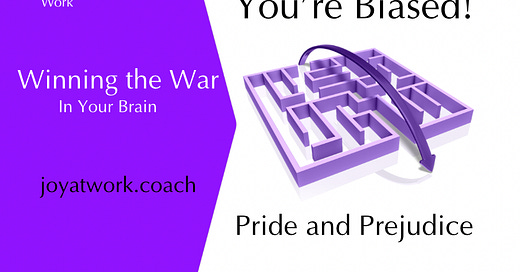
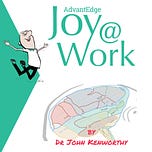



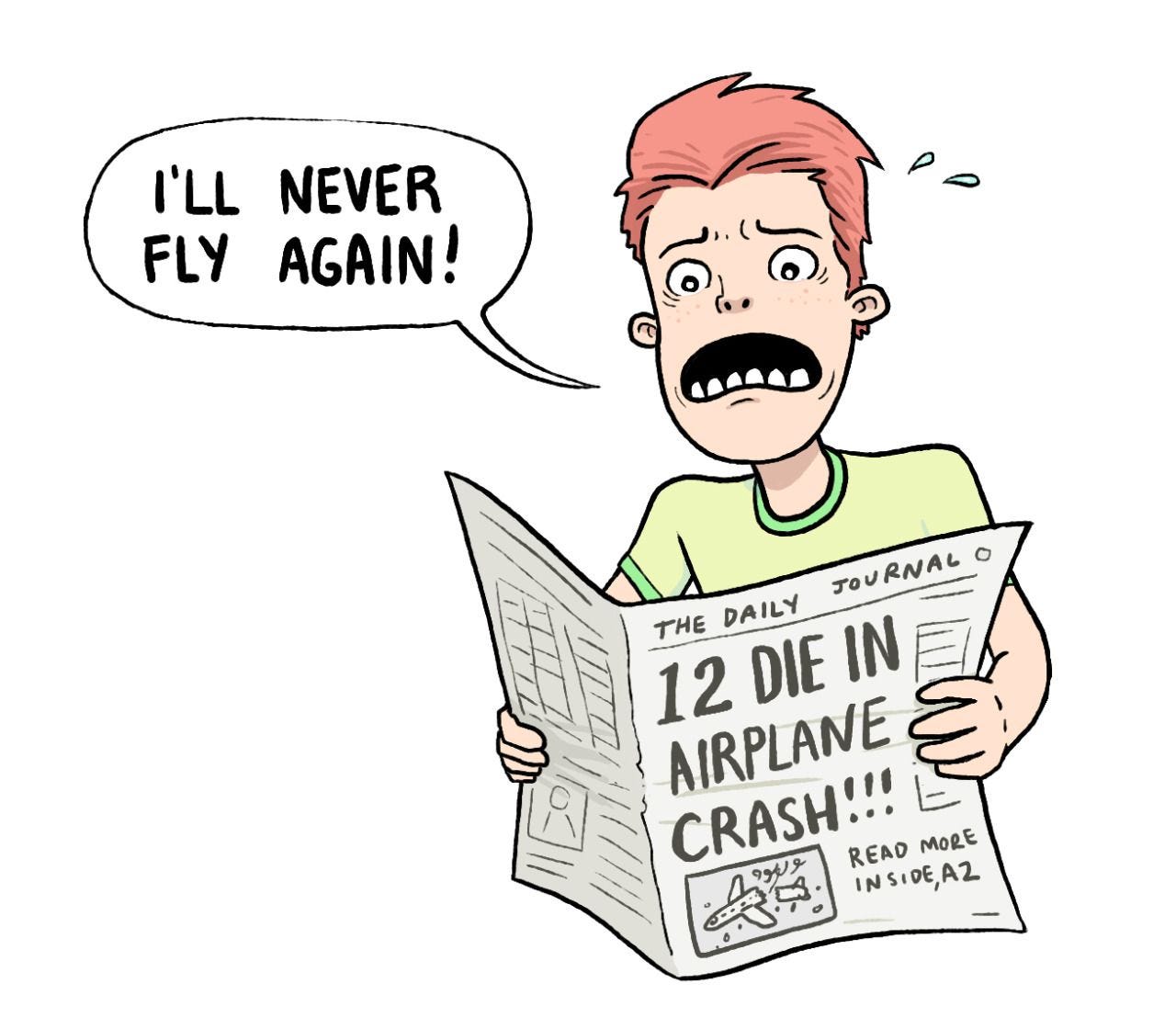


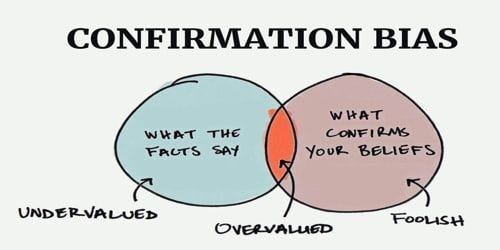
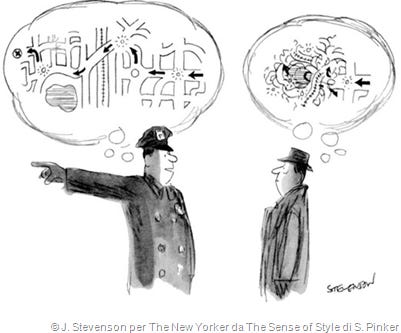
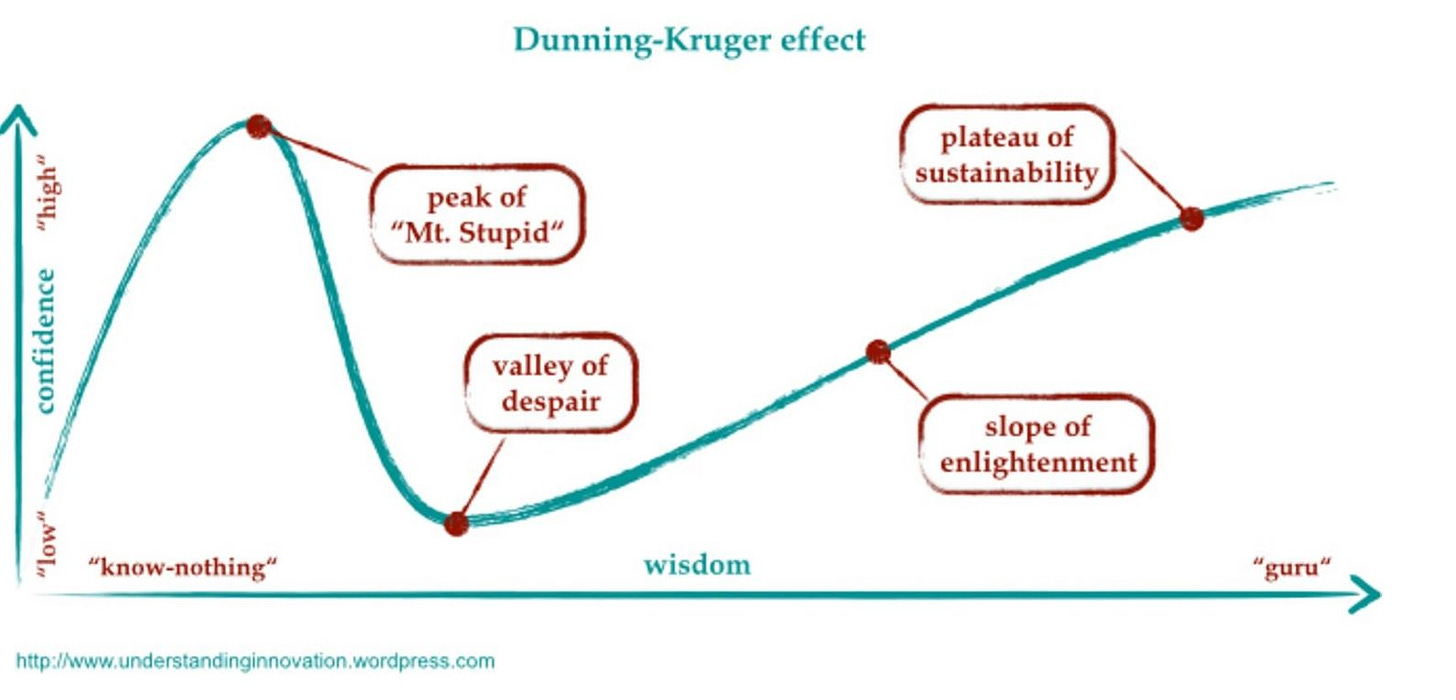
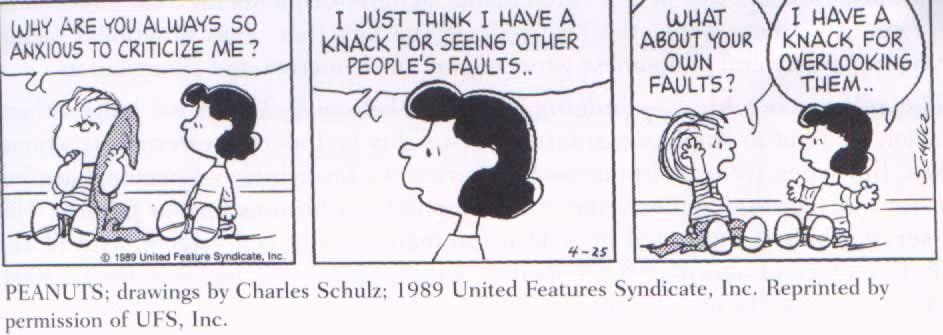


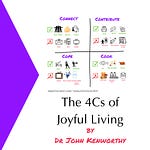



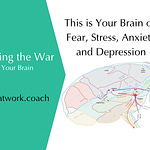
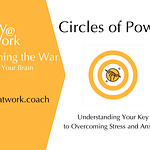
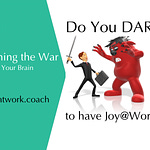
Share this post